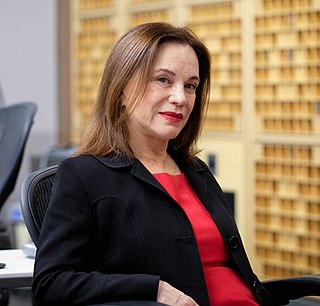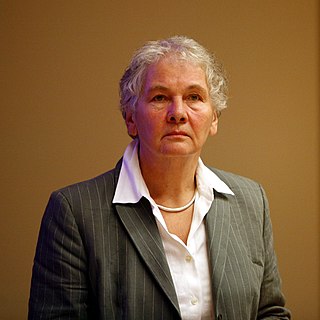A Quote by Joyce Banda
In 1989, I started the National Association of Business Women. We incorporated microfinance and different job training for women. We did a survey, with USAID, that found women lacked training, credit and information.
Related Quotes
By giving women training to sue a company for a 'hostile environment' if someone tells a dirty joke, we are training women to run to the Government as Substitute Husband (or Father). This gets companies to fear women, but not to respect women. The best preparation we can give women to succeed in the workplace is the preparation to overcome barriers rather than to sue: successful people don't sue, they succeed.
Overall, I have formed three major organizations: the National Association of Business Women, the Young Women's Leaders Network, and the Joyce Banda Foundation. Under the foundation, we have a huge program that targets women to teach them about HIV and other diseases and to give them economic empowerment.
The backlash against women's rights would be just one of several powerful forces creating a harsh and painful climate for women at work. Reagonomics, the recession, and the expansion of a minimum-wage service economy also helped, in no small measure, to slow and even undermine women's momentum in the job market. But the backlash did more than impede women's opportunities for employment, promotions, and better pay. Its spokesmen kept the news of many of these setbacks from women. Not only did the backlash do grievous damage to working women C it did on the sly.
I sat down in 1989 and I made up my mind at that point that I was going to spend the rest of my life assisting women and youth to gain social and political empowerment through business and education. I convinced myself economic empowerment of women was going to be key, especially in a country like this where most women didn't go to school.
Women need the education and training, particularly since more and more women are heads of their households, as much or more than anybody else...And it's hard for them to leave their families when they don't have somebody to take care of them....It's a vicious cycle that's affecting women, particularly in a part of the country like this, where mining is the mainstay; traditionally, women have not gone into that line of work, to say the least.
Marjan. I have told him tales of good women and bad women, strong women and weak women, shy women and bold women, clever women and stupid women, honest women and women who betray. I'm hoping that, by living inside their skins while he hears their stories, he'll understand over time that women are not all this way or that way. I'm hoping he'll look at women as he does at men-that you must judge each of us on her own merits, and not condemn us or exalt us only because we belong to a particular sex.
Not everybody is talented for doing research. I think many women prefer to look for an easier job after their dissertations because it is very demanding. You have to be mobile. You have to move to different places for your post-doc training. And if you aren't successful, it isn't a very pleasant job, either.






























